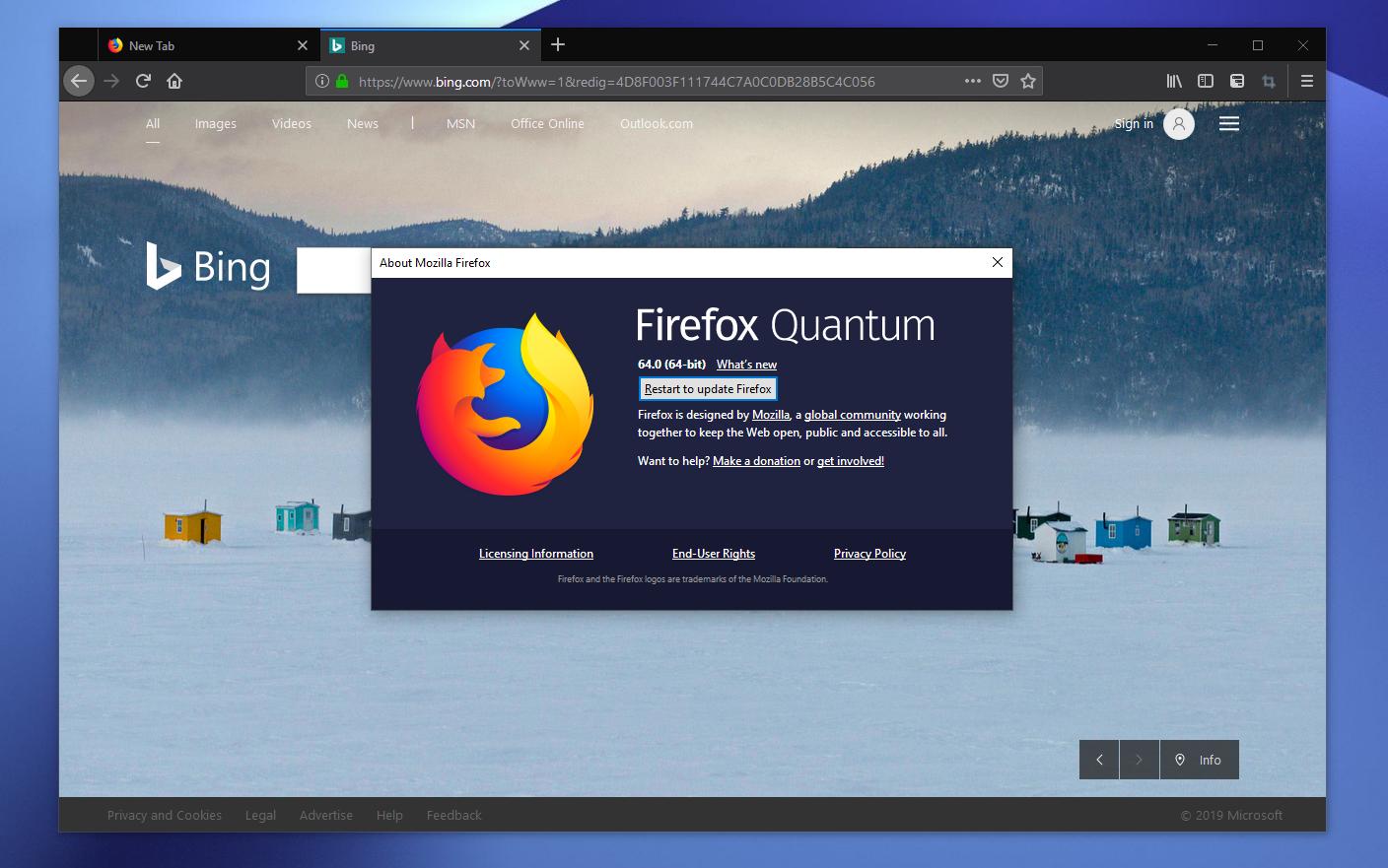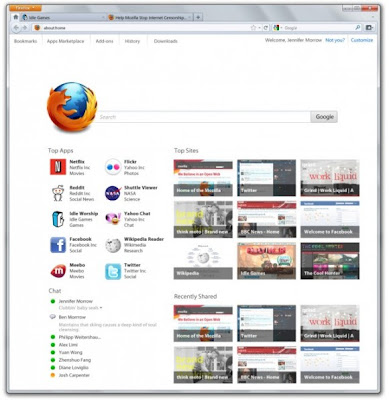

Even in Nightly, these features still need to be enabled, but eventually they’ll be on by default. Check “Slow-Loading Trackers” to improve page load performance and/or check “Third-Party Cookies” and select “Trackers (recommended)” to block cross-site tracking cookies. Here you can enable the blocking of slow-loading trackers or cross-site tracking through third-party cookies by clicking “Add Blocking…” next to the respective option. The first two protections are already available in Nightly - you can control both features from the Control Center menu (left-hand side of the address bar), where you’ll see a new “Content Blocking” section.

Try it now in Firefox Nightlyįirefox development starts with Firefox Nightly, which consists of the latest code packaged up every night for bleeding-edge testers. Mozilla wants to make it clear these features are aimed at users, and websites will have to adjust accordingly.

In 2018, we hope that our efforts to empower our users will have the same effect. Blocking pop-up ads in the original Firefox release was the right move in 2004, because it didn’t just make Firefox users happier, it gave the advertising platforms of the time a reason to care about their users’ experience. Some sites will continue to want user data in exchange for content, but now they will have to ask for it, a positive change for people who up until now had no idea of the value exchange they were asked to make. Here is the company’s reasoning for the decision: Just like how Google sees Chrome blocking some ads by default, Mozilla views Firefox blocking trackers as an extension of the pop-up blocker. Mozilla didn’t share when future versions of Firefox will stop these practices, but it did say they will also be blocked by default. Mitigating harmful practices such as trackers that fingerprint users (to identify users by their device properties) and cryptomining scripts.Mozilla plans to bring this protection to all users in Firefox 65 (slated for January 2019).

This feature, which strips cookies and blocks storage access from third-party tracking content, will be tested with some Firefox beta users in September.


 0 kommentar(er)
0 kommentar(er)
